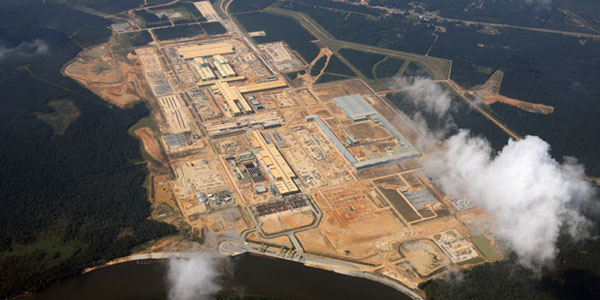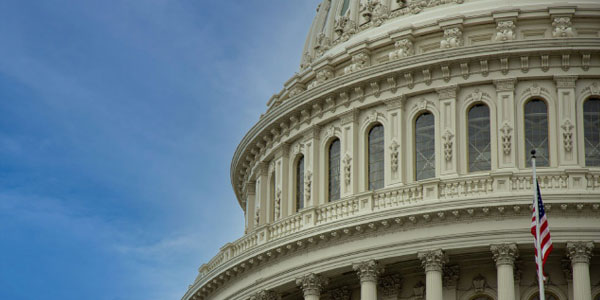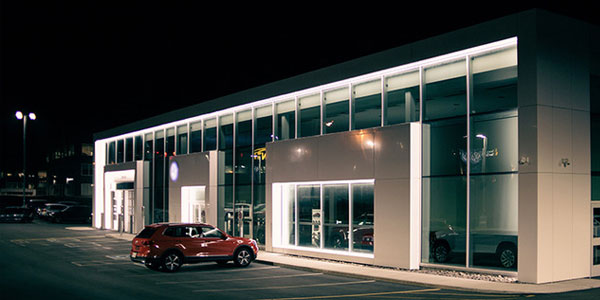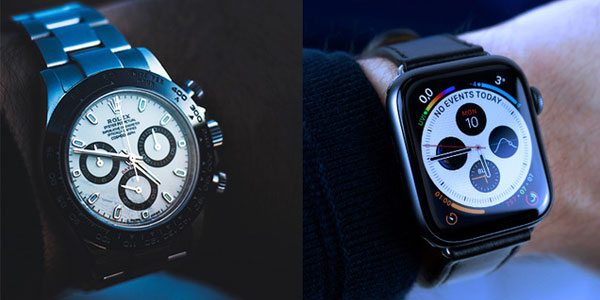Insights
Successful U.S. Market Entry Communications
You Can’t Manage What You Don’t Measure:
The Need for Robust Government Relations Metrics
Say Goodbye to the Dealership of Old:
Electric Vehicles and the Future of Retail
Following a Different Playbook:
EV Startups versus Established Auto Makers
The “Masters of Code” for the Electric Vehicle of Tomorrow







